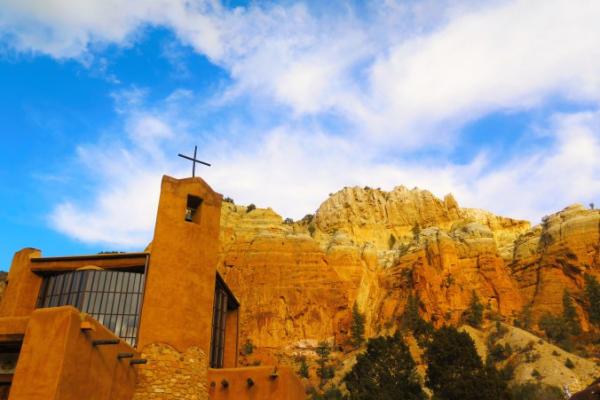At the heart of the Lenten season is an interesting paradox.
Lent is not observed in the making of Lenten commitments, but you can’t actually observe Lent without making a commitment.
Elsewhere at Sojourners, Jarrod McKenna reminds us that Lent is not ultimately about “giving up stuff” but about “the preparation of our hearts for what God has done in Christ.” Adam Ericksen encourages us that, “The worst thing we can do during Lent is to be tempted to earn God’s favor through self-denial.”
To both these points and posts I say, amen.
But as a lifelong Protestant who recently returned from spending time with Benedictine monks and nuns in New Mexico, I’ve come back with some evolving perspectives on fasting and other ascetic practices from the Catholic tradition. This isn’t in contradiction to either of these authors’ perspectives but more of a summation of my recent convictions as someone who has tended to skip the Lenten fasts altogether.
Here is what has struck me. I do not believe most Western Christians today are so focused on giving up their creature comforts for Lent that they are in danger of making their faith dependent upon physical fasting. Maybe I’m generalizing too much. So I’ll make this statement more personal:
My greatest struggle has not been that I have been so committed to “giving up stuff” for Lent that I have forgotten that God’s grace is unconditional. Rather, I have tended to avoid the discomfort of giving up my daily habits and physical dependencies by using a vague sense of “inner attitudes” of preparation as an excuse. As a result, I believe I’ve been missing some real opportunities to be receptive to God’s grace.
There are few reasons I believe this to be so important.
Read the Full Article

